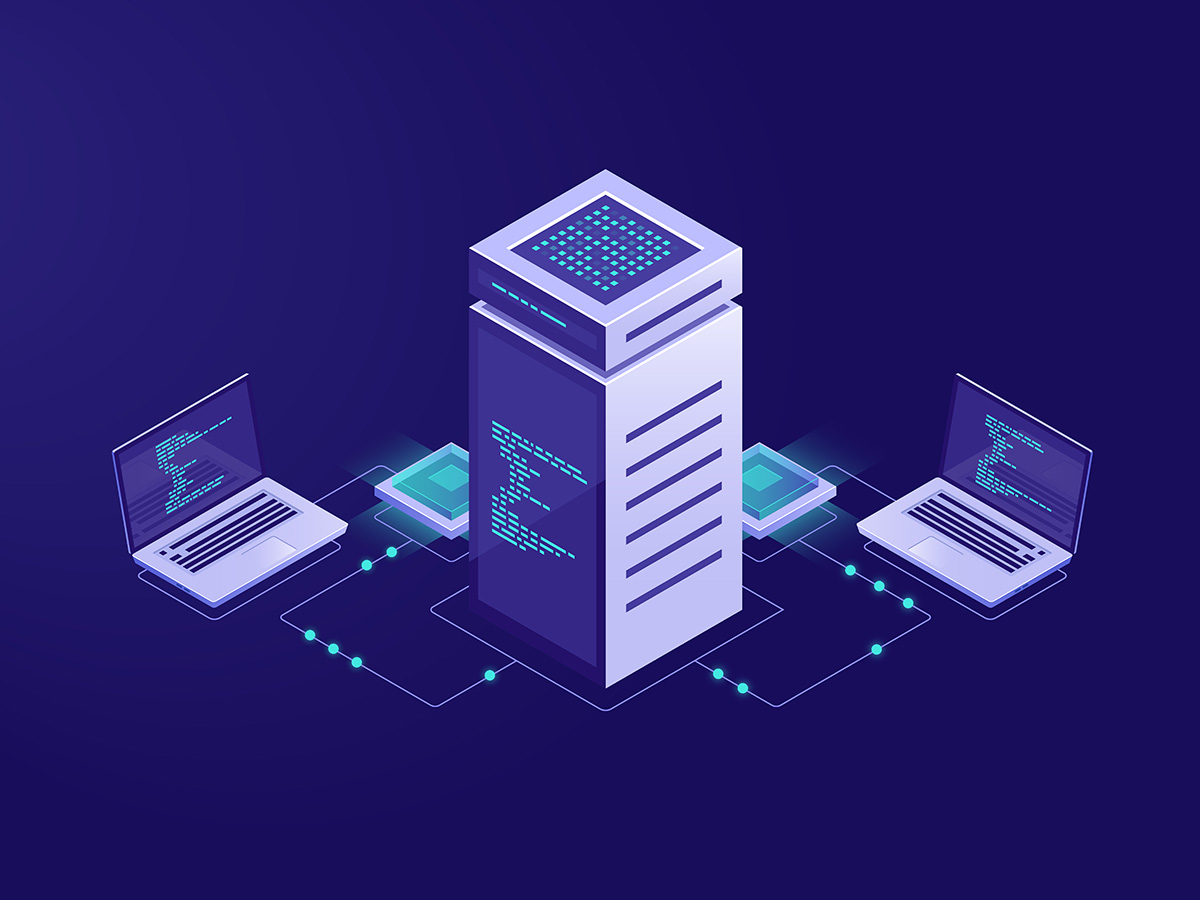

Internet usage has exploded over the past decade, which has led to many innovations and advanced technology, but it also leads to increased dangers, especially concerning your data privacy. Data privacy is the protection of your personal information on the internet, but sometimes this privacy can be invaded. Every time you visit a website or download an app data gets stored, sometimes against your knowledge or consent. When you give access and information to third parties they can steal your information and you're at risk of data loss, reputational damage, and regulatory fines. Even if you think your data is safe, organizations may be tracking you.

Your data is worth money, which is why your online privacy is at threat. Through indirect or direct permission companies collect consumer data, such as your online behavior, transactional history, and your locations and activities. By tracking your history, advertisers can target you with ads catered to your search activity. For example, if you watch a lot of baking videos, advertisers can market recipes, kitchen tools, and other gadgets. In the US there are no laws that outlaw the collection and selling of your data which makes it easier for businesses to take that information, creating a lack of transparency between the users, government, and companies.

Consumers may be unaware of their data being collected, but in our advanced age of technology, about six in ten people believe they are tracked online. The collection and storing of personal information creates a lack of control and transparency and the data that is collected can be used in harmful ways, such as identity theft and fraud. Data privacy is important but it is constantly at risk of being exposed or shared online.
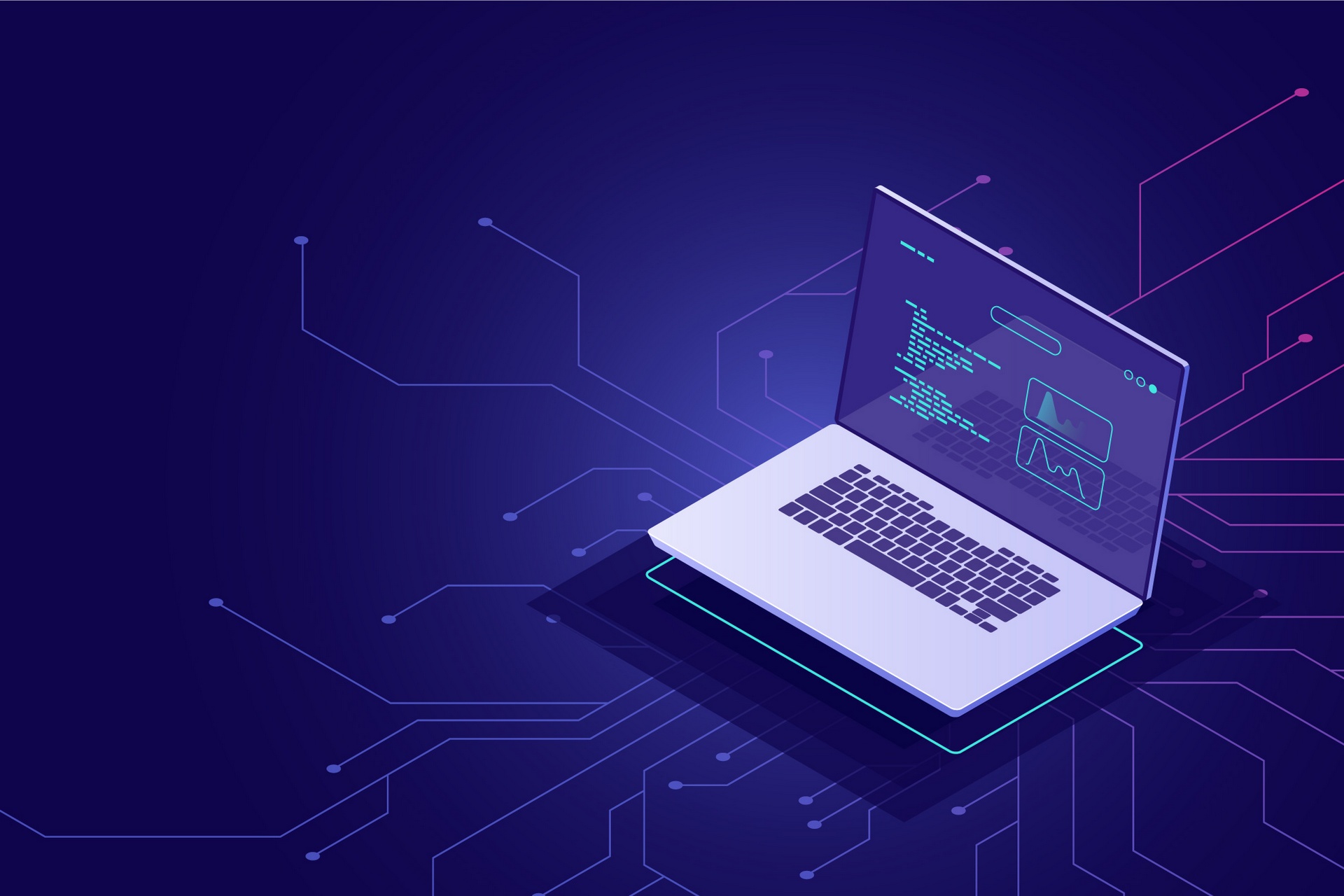
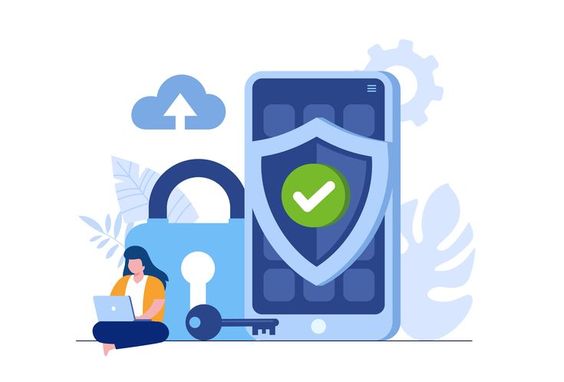
Computing resources misuse includes cyberbullying, hacking, identity theft, and unauthorized downloading. A common form of misuse people see today is creating a fake social media account or hacking someone else’s account. Computing misuse is classified as a range of activities, but it is anything that illegally or improperly causes harm to somebody or their property. Some ways to prevent the misuse of computing resources are by protecting your password, being aware of phishing, and reporting suspicious activity.
Protecting your passwords is one of the easiest and most important ways to stay safe. Some ways that you can do this is by creating a hard-to-guess password and never sharing your password with anyone. Phishing messages are unsolicited emails or messages pretending to be someone else. If you think the information in the email is important, try verifying it because you give any information away. If you see something suspicious, report it. Even if you take precautions reporting strange activity can protect you.
Computer misuse is the abuse of resources that may cause harm and can go against the law. It’s easy to accidentally misuse or be targeted by the misuse of resources, but by staying safe on the internet, you can avoid being hacked, bullied, reported, or experiencing fraud.
Unauthorized access is when someone gains access to a computer system, network, or data without permission. Any access to information that violates a company's security policy or that users shouldn’t have access to is considered unauthorized access. It is normally committed by hackers, who are trying to steal sensitive information, cause damage, or hold data hostage. However, sometimes innocent users may stumble upon information that they don’t have permission to see. No matter the circumstances it is a violation of a person or organization's security and privacy.
Unauthorized access can be gained in many different ways, guessing passwords correctly, exploiting software or human vulnerabilities, or corporate espionage. Cybercriminals can use personal information or software to manually or automatically guess a company's password to sensitive information. They can also exploit software bugs to gain entry into networks and applications. Social engineering is the act of tricking someone into doing something harmful, and cybercriminals use this tactic and psychological manipulation, such as phishing, to convince you to hand over information. Criminals may even steal physical resources such as laptops to hack into unauthorized networks.
Access to sensitive information can cause problems such as reputational damage, disrupt electronic systems, and harm the target physically or mentally. Some ways to stay safe are by creating complex and protected passwords, having regular security checks, paying attention to user activity, and storing your data smartly.
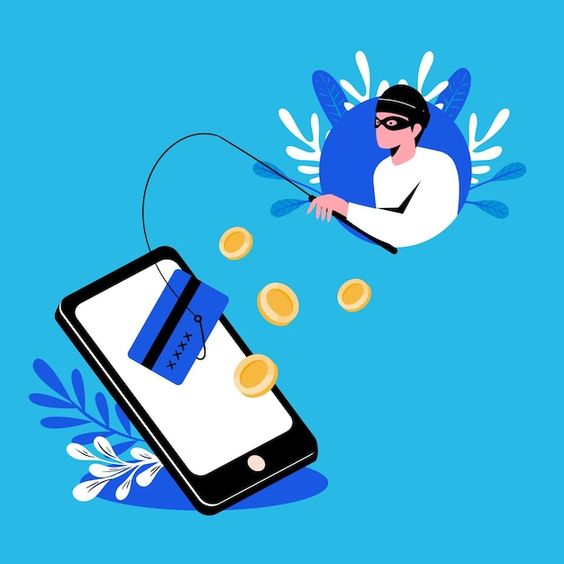
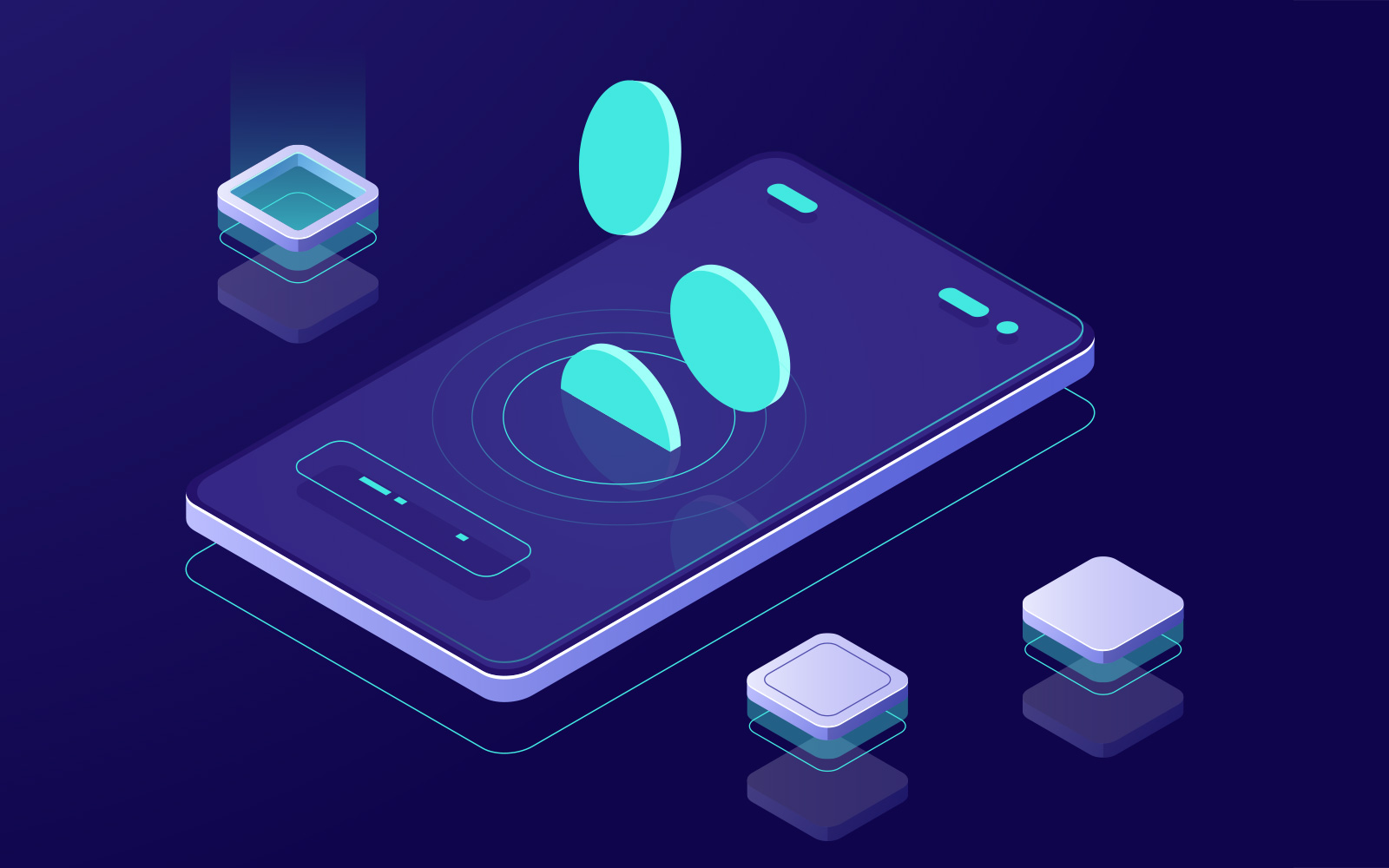
Computing innovations can have an impact beyond their intended purpose such as developments in other fields or in ways the creator never intended for it to evolve. There are many positive and negative impacts alike that computing innovations have led to. Advances in computing have created and increased innovation in other fields, such as medicine, engineering, communications, and art.
The World Wide Web was originally intended to only provide rapid and easy exchange of information within the scientific community, but today it is available to everyone and shares much more than scientific research. It has widely increased communication and now anyone can rapidly share information with their family, friends, or strangers on the internet. Rapid sharing of a program can connect hundreds of thousands of users in seconds.
Machines have also evolved much more than was expected and other computing innovations have led to the growth of fields like medicine, business, and science. However new information and data have made it possible for discrimination and conflict between groups. For example, more data on the unfair employment and wages of women compared to men are more easily accessed and brought to attention. Other information on social and political issues can be accessed by anyone and also led to the spread of misinformation.
Computing Innovations have evolved beyond what they were originally meant for and this has impacted economic, social, and political statuses in the world. The positive and negative effects of this have led to the society we live in and continue to allow us to evolve and make advancements in technology today.
Image from Freepik
Sources: https://usa.kaspersky.com/resource-center/threats/internet-and-individual-privacy-protection https://www.gao.gov/products/gao-22-106096 https://security.virginia.edu/prevent-it-abuse https://www.investopedia.com/terms/c/computer-abuse.asp#:~:text=Cyber%2Dbullying%2C%20hacking%2C%20identity,enforceable%20at%20the%20federal%20level. https://nordvpn.com/blog/unauthorized-access/
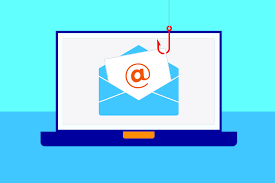
created with
Website Builder Software .